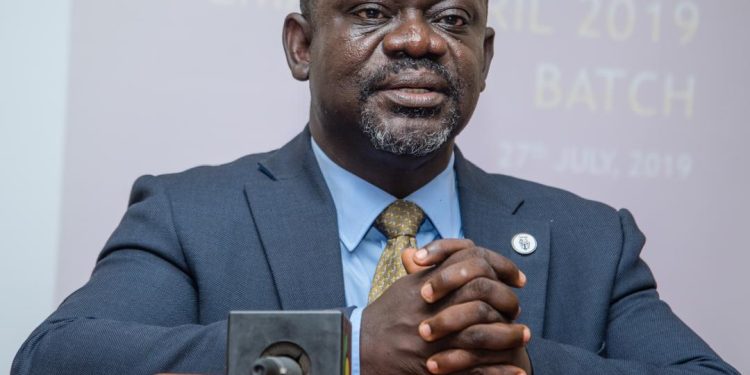President of the Centre for Citizen Empowerment (CCE) and Conflict Resolution Consultant, Alex Nartey Esq., has criticized the Bono Regional Minister’s threat to arrest chiefs involved in disputes.
He said this approach as the first resort is not only “disrespectful to the institution of chieftaincy” but also “counterproductive to peacebuilding.”
According to Mr Nartey, a veteran Alternative Dispute Resolution experts, the approach to conflict resolution should emphasize dialogue, mediation, negotiation, and consensus – building rather than coercion or punitive threats.
Mr Nartey Esq., emphasized that matters involving traditional authorities require inclusive engagement and respect for customary processes alongside state mechanisms.
“The Chieftaincy Act, 2008 (Act 759), and the Constitution of Ghana provide clear institutional frameworks for the resolution of disputes,” Nartey stated.
“These structures should be strengthened and used, not bypassed by threats of arrest,” the ADR practitioner added.
Mr. Nartey expressed concern that publicly condemning chiefs and criminalizing their involvement in disputes could escalate tensions, deepen mistrust, and delegitimize both government and traditional authority.
He urged the Bono Regional Minister and other state officials to adopt a conflict-sensitive, dialogue-driven, and respectful approach when engaging traditional rulers.
“Chiefs must be seen as partners in peace and development, not as potential criminals,” Nartey emphasized.
He called on the Ministry of Chieftaincy and Religious Affairs, the National House of Chiefs, and the National Peace Council to provide leadership in guiding regional authorities on best practices in conflict resolution.
It was his case that sustainable peace in chieftaincy matters can only be achieved through facilitation, mediation, and collaboration, rather than threats and arrests.
“To threaten them with arrest as the first resort is not only disrespectful to the institution of chieftaincy, but also counterproductive to peacebuilding.
“The contemporary and globally approved approach to conflict resolution emphasizes dialogue, mediation, negotiation, and consensus-building, rather than coercion or punitive threats. Especially in matters involving traditional authorities, the path to sustainable peace requires inclusive engagement and respect for customary processes alongside state mechanisms.
“The Chieftaincy Act, 2008 (Act 759), and the Constitution of Ghana provide clear institutional frameworks such as the Judicial Committees of the Traditional, Regional, and National Houses of Chiefs for the resolution of disputes.
“These structures should be strengthened and used, not bypassed by threats of arrest.
“Condemning chiefs publicly and criminalizing their involvement in disputes risks escalating tensions, deepening mistrust, and delegitimizing both government and traditional authority in the eyes of the people.
“It sends the wrong signal that the state prioritizes coercion over dialogue.
“I therefore call on the Bono Regional Minister, and indeed all state officials, to adopt a conflict-sensitive, dialogue-driven, and respectful approach when engaging traditional rulers.
“Chiefs must be seen as partners in peace and development, not as potential criminals.
“In conclusion, sustainable peace in chieftaincy matters can only be achieved through facilitation, mediation, and collaboration, not threats and arrests.
“I urge the Ministry of Chieftaincy and Religious Affairs, the National House of Chiefs, and the National Peace Council to provide leadership in guiding regional authorities on best practices in conflict resolution,” he stated in a statement.
Source: www.kumasimail.com



































































